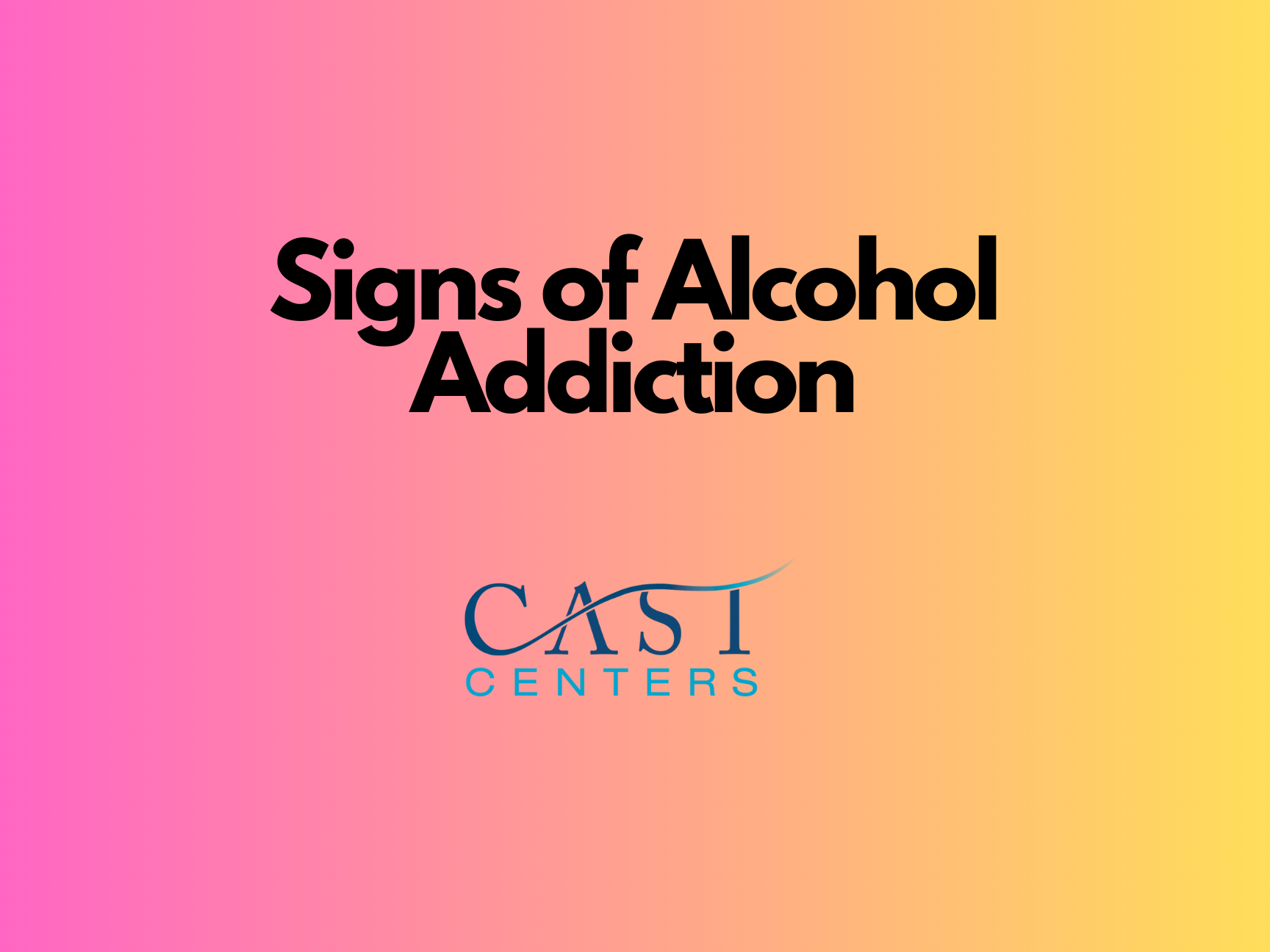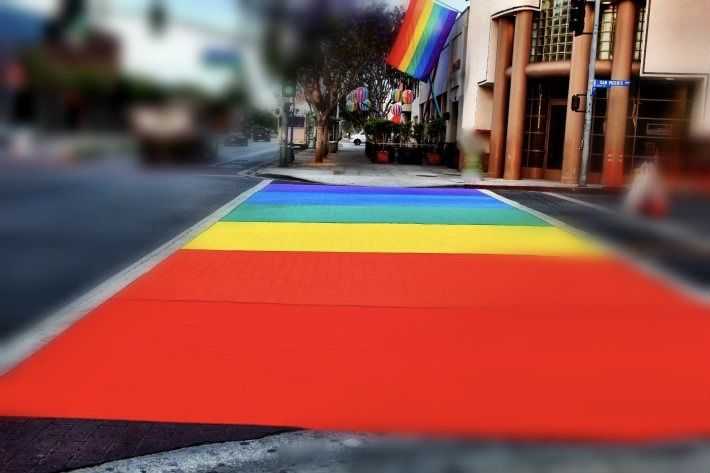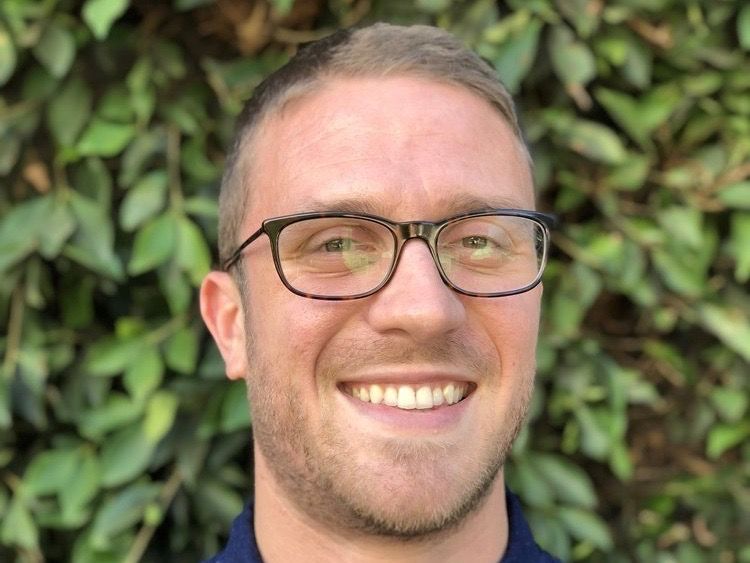Signs of Alcohol Addiction
Alcohol is a widely consumed beverage across the globe, often integrated into social gatherings and celebrations. While moderate alcohol consumption may pose minimal risks for some, it’s crucial to recognize that for others, it can lead to a destructive addiction. Alcohol addiction, also known as alcoholism, is a chronic disease that affects millions of individuals worldwide. Understanding the signs of alcohol addiction is essential for early intervention and treatment. Here are some signs of alcohol addiction.
Increased Tolerance:
One of the initial signs of alcohol addiction is the development of tolerance. Individuals find that they need to consume more significant quantities of alcohol to achieve the same effects they used to experience with lower amounts. Gradually, this increased tolerance can lead to excessive and prolonged drinking, heightening the risk of addiction.
Withdrawal Symptoms:
Experiencing withdrawal symptoms when attempting to cut down or stop drinking is a red flag for alcohol dependence. These symptoms can be both physical and psychological, such as nausea, anxiety, sweating, tremors, and insomnia. Seeking relief from withdrawal symptoms often drives individuals to continue drinking, perpetuating the cycle of addiction.
Neglecting Responsibilities:
Alcohol addiction can lead to a decline in one’s ability to fulfill responsibilities at work, school, or home. As the focus shifts toward alcohol consumption, individuals may become unreliable, frequently miss deadlines, and show a general lack of interest in previously important obligations.
Escalating Isolation:
Those grappling with alcohol addiction may increasingly withdraw from social circles, isolating themselves from friends and family. The shame, guilt, and fear of judgment associated with addiction often lead individuals to isolate themselves to conceal their struggles, further exacerbating the problem.
Continued Use Despite Consequences:
An alarming sign of alcohol addiction is when an individual persists in drinking despite facing severe consequences. These consequences may include legal troubles, financial strain, damaged relationships, and deteriorating physical and mental health. The inability to recognize or prioritize these adverse outcomes underscores the severity of the addiction.
Preoccupation with Alcohol:
Addiction can consume a person’s thoughts, leading to an overwhelming preoccupation with alcohol. An addicted individual may spend an excessive amount of time thinking about when they will have their next drink, where they will obtain it, and how they will hide their drinking from others.
Failed Attempts to Quit:
Numerous failed attempts to quit drinking or cut back on alcohol consumption can indicate a strong dependency on alcohol. This pattern of relapse often perpetuates feelings of hopelessness and can deter individuals from seeking help.
Understanding signs of alcohol addiction:
Recognizing the signs of alcohol addiction is crucial for supporting those struggling with this debilitating disease. If you or someone you know is displaying these signs, it is essential to seek professional help promptly. Alcohol addiction is a treatable condition, and early intervention can significantly improve the chances of successful recovery.
If you suspect that you or someone close to you may have a problem with alcohol, don’t hesitate to reach out to CAST Centers admission department at 866-283-9885.









